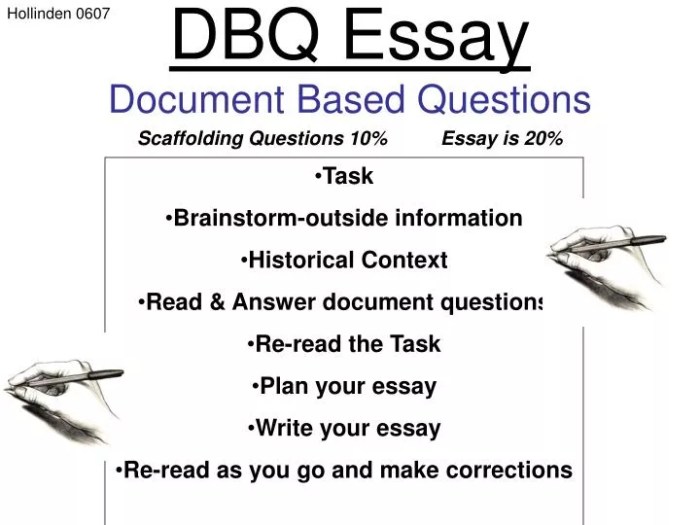Search and seizure dbq answer key document a, an essential resource for understanding the Fourth Amendment and its implications, provides a comprehensive overview of the legal framework, search warrants, warrantless searches, seizure of evidence, and suppression of evidence. This document serves as a valuable tool for students, legal professionals, and anyone seeking a deeper understanding of the Fourth Amendment’s protections against unreasonable searches and seizures.
The Fourth Amendment to the U.S. Constitution safeguards individuals against unreasonable searches and seizures, ensuring that their privacy and liberty are protected from government intrusion. Understanding the legal framework surrounding search and seizure is crucial for navigating the complex landscape of criminal justice and ensuring that constitutional rights are upheld.
Search and Seizure

The Fourth Amendment to the United States Constitution protects individuals against unreasonable searches and seizures. This protection is essential for safeguarding privacy and ensuring that individuals are not subject to arbitrary or oppressive government action.
Legal Framework, Search and seizure dbq answer key document a
The Fourth Amendment states that “The right of the people to be secure in their persons, houses, papers, and effects, against unreasonable searches and seizures, shall not be violated.” This amendment has been interpreted by the Supreme Court to require that law enforcement officers obtain a search warrant before conducting a search, unless there is an exception to the warrant requirement.
The exclusionary rule is a legal doctrine that prohibits the government from using evidence obtained through an illegal search or seizure in criminal trials. The exclusionary rule is designed to deter law enforcement officers from violating the Fourth Amendment and to protect the rights of individuals.
There are several legal precedents that have shaped the interpretation of the Fourth Amendment. These precedents include:
- Kyllo v. United States(2001): The Supreme Court held that the use of a thermal imaging device to scan a home from outside without a warrant violated the Fourth Amendment.
- Florida v. Jardines(2013): The Supreme Court held that the use of a drug-sniffing dog to sniff the outside of a home without a warrant violated the Fourth Amendment.
- Carpenter v. United States(2018): The Supreme Court held that the government’s acquisition of cell phone location data without a warrant violated the Fourth Amendment.
Questions Often Asked: Search And Seizure Dbq Answer Key Document A
What is the exclusionary rule?
The exclusionary rule prohibits the use of illegally obtained evidence in criminal trials. It serves as a deterrent against unreasonable searches and seizures by law enforcement.
What are the exceptions to the warrant requirement?
Exceptions to the warrant requirement include consent, exigent circumstances (e.g., hot pursuit), and plain view (when evidence is in plain sight without a search).
What is the “fruit of the poisonous tree” doctrine?
The “fruit of the poisonous tree” doctrine prohibits the use of evidence obtained as a result of an illegal search or seizure. This prevents the government from benefiting from its own misconduct.